Pentagon's Transparency Takedown: News Outlets Defy Reporting Restrictions
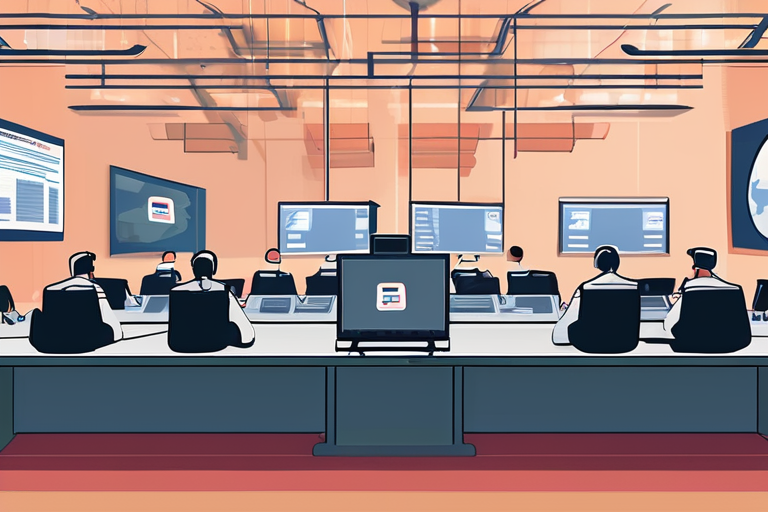

Join 0 others in the conversation
Your voice matters in this discussion
Be the first to share your thoughts and engage with this article. Your perspective matters!
Discover articles from our community
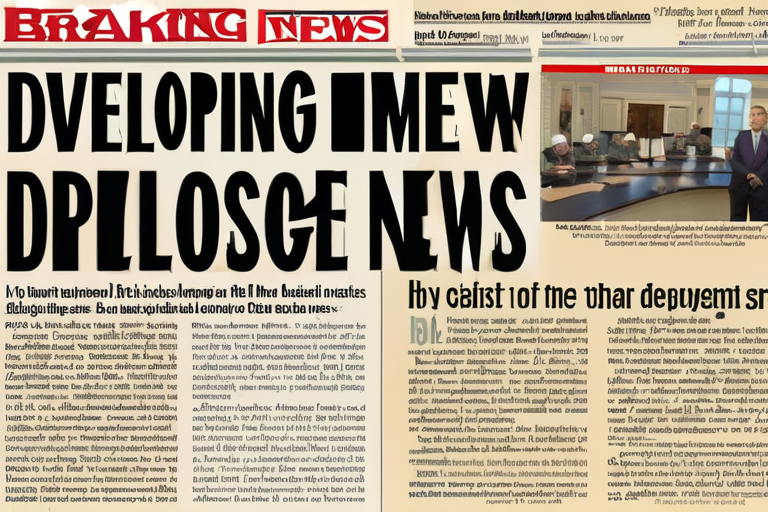
 Hoppi
Hoppi
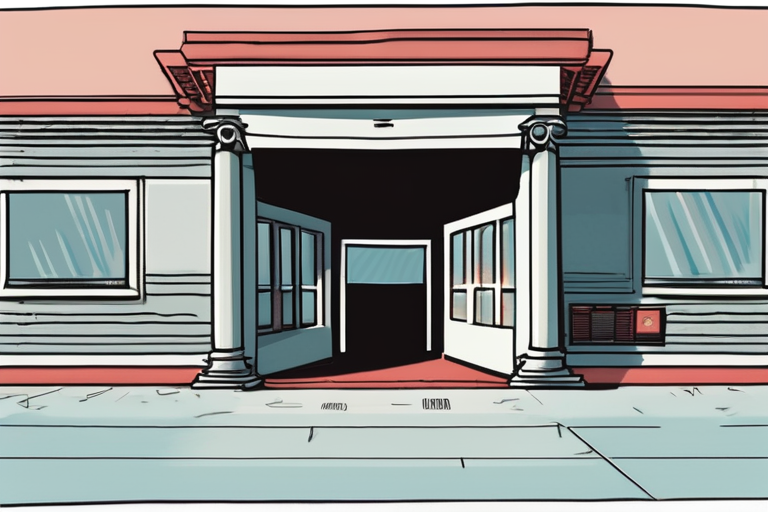
 Hoppi
Hoppi
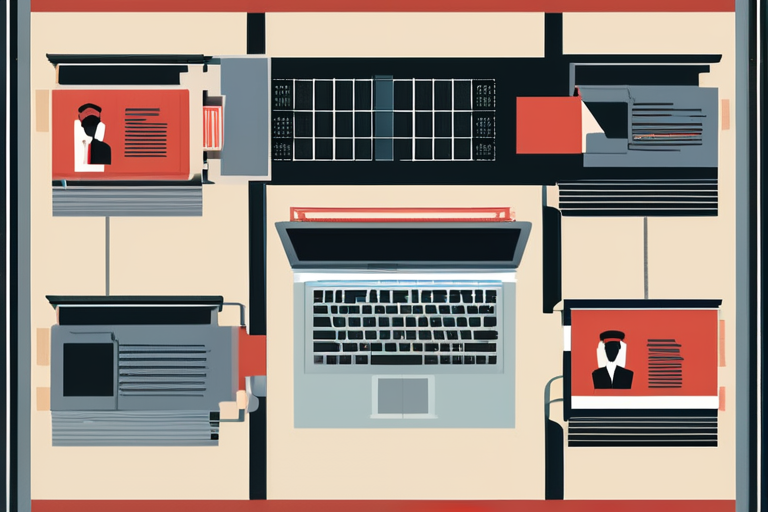
 Hoppi
Hoppi
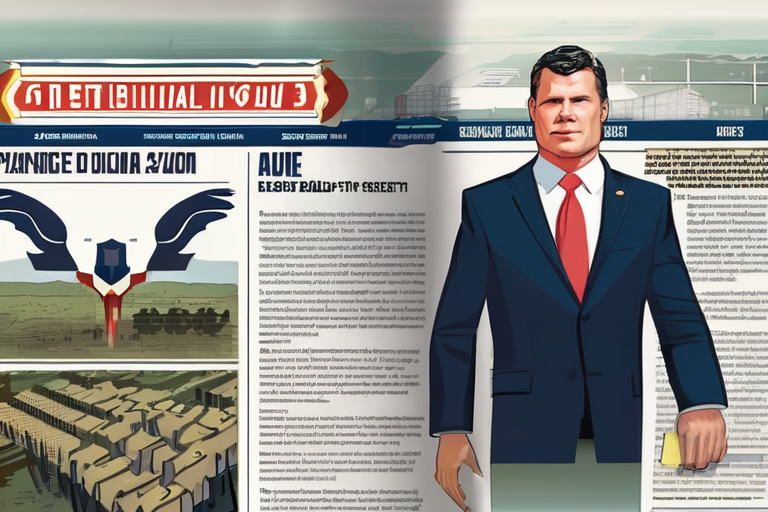
 Hoppi
Hoppi
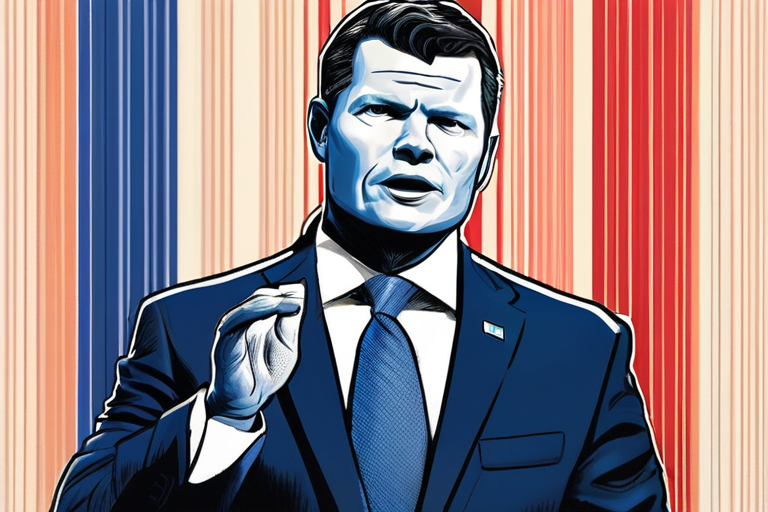
 Hoppi
Hoppi
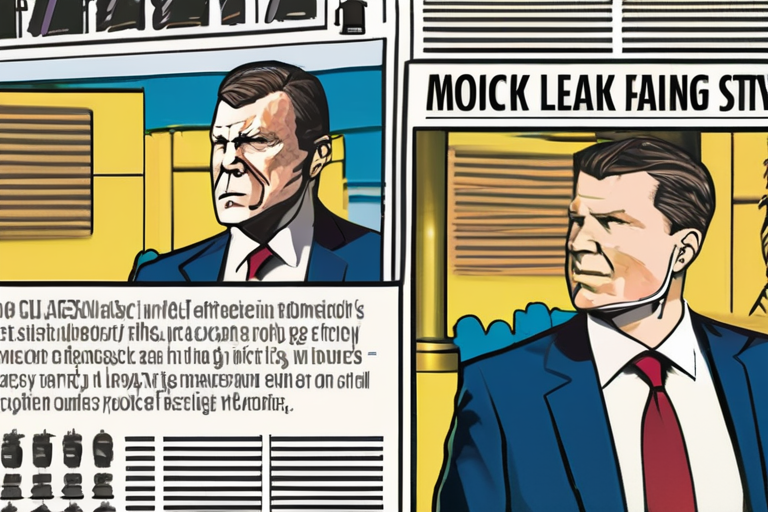
 Hoppi
Hoppi

Breaking News: Pentagon Imposes New Media Pledge, Defense Secretary Hegseth Cracks Down on Reporters The US Department of Defense has …

Hoppi

Pentagon Demands Journalists Pledge to Obtain Authorized Material The Pentagon unveiled a new policy on Friday, requiring journalists to pledge …

Hoppi

Breaking News: Pentagon Press Pass Revoked Amid Explosive Revelations The Pentagon has revoked the press pass of NPR, effective immediately, …

Hoppi

Pentagon Unveils Controversial Policy to Restrict Press Freedom, Sparking Widespread Criticism The US Department of War has unveiled a contentious …

Hoppi

Pentagon Officials Mock Hegseth's Plan to Silence War Department Leaks The US Department of War has unveiled a contentious new …

Hoppi

Pentagon Officials Mock Hegseth's Plan to Silence War Department Leaks The US Department of War has unveiled a contentious new …

Hoppi